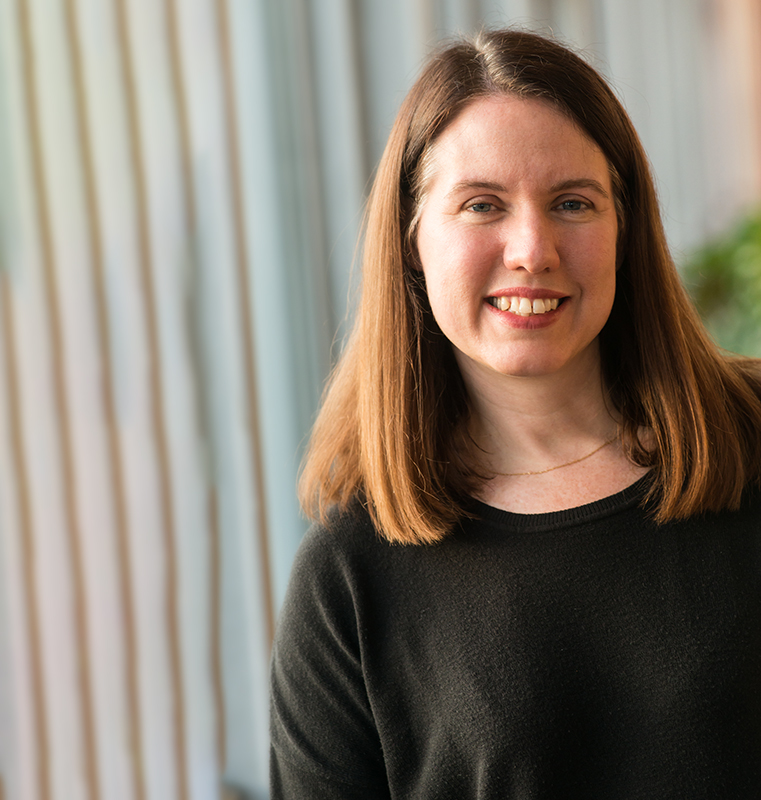
Janet Kelso lidera el grupo de investigación y la unidad de ADN antiguo en el Instituto Max-Planck de Antropología Evolutiva en Leipzig, Alemania.
Su investigación se centra en el análisis de genomas antiguos, en particular los genomas de humanos arcaicos. Su grupo está interesado en el desarrollo de nuevos enfoques computacionales para el análisis de ADN antiguo y en el uso de estos enfoques para obtener información sobre la evolución del genoma. Janet recibió su doctorado en bioinformática en el Instituto Nacional de Bioinformática de Sudáfrica, en la Universidad de Western Cape, bajo la supervisión del profesor Winston Hide. Es coeditora jefe de la revista Bioinformatics junto con Alfonso Valencia, así como editora ejecutiva de la revista Database. Durante muchos años, Kelso ha sido miembro activo de la Junta de la Sociedad Internacional de Biología Computacional y fue nombrada miembro de la Sociedad en 2015.
The genomes of archaic and ancient modern humans offer a unique window into their histories. However, the sequencing and analysis of DNA from ancient humans is complicated by DNA degradation, chemical modifications and contamination. Recent technological advances have made it possible retrieve and sequence DNA from bones and other remains found at archaeological excavations, and we have been able to reconstruct the genomes of several Neandertals. We have also identified, based on their genome sequences, a previously unknown extinct Asian hominin group related to Neandertals, who we call “Denisovans”.
The genomes of our extinct Neandertal and Denisovan relatives offer a unique opportunity to learn about the similarities and differences between us. We have used these archaic genome sequences to identify genetic changes that are unique to modern humans and not shared with Neandertals or Denisovans, and ongoing work aims to determine whether any of these genetic variants might underlie traits characteristic of modern humans.
Further, we have also shown that the ancestors of some of us interbred with both Neandertals and Denisovans such that all present-day people outside of Africa carry approximately 2% Neandertal DNA, and that some populations, largely in Oceania, also carry DNA inherited from Denisovans. This introgressed DNA has been shown to have both positive and negative outcomes for present-day carriers: underlying apparently adaptive phenotypes such as high altitude adaptation, as well as influencing immunity and disease risk. In recent work we have determined the likely functional consequences of some of the Neandertal DNA in present-day people using public genome, gene expression, and phenotype datasets.